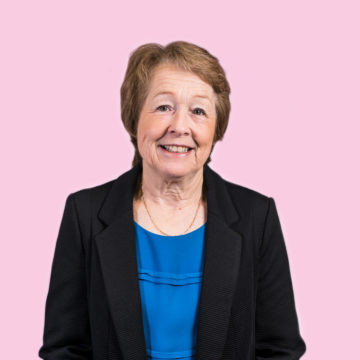If you don’t have a Will when you die, the law will decide how your estate is distributed. This is known as dying “intestate”. Dying without a Will means you have no control over who inherits from you. Someone could receive a part or the whole of your estate who you would not wish to benefit. Your loved ones may also find it more time consuming and costly to deal with your estate. A Will is the only way of making your wishes known when you die.
Partners will usually hold their property jointly, this is known as ‘Joint Tenants’. If you hold your property as Joint …
Read more Wills & ProbateUnlike an intestacy, where children must take their inheritance at 18, if you make a Will you can specify at …
Read more Wills & ProbateYou can appoint one or more relatives or close friends to act as guardians and assume parental responsibility. Always discuss …
Read more Wills & ProbateIf the estate is valued at more than the nil rate band then the estate will usually have to pay …
Read more Wills & ProbateWe can advise on Wills that will offer some protection from care home fees.
Read more Wills & ProbateFirstly you will need to break the news to friends and relatives, register the death and organise the funeral. It …
Read more Wills & ProbateMarriage will cancel your Will unless it was prepared in expectation of the event. Getting divorced will not cancel your …
Read more Wills & ProbateYou can set aside money for her using a Discretionary trust, which will not affect her entitlement to state benefits.
Read moreOur highly skilled team of specialist solicitors have been established in the City of Wakefield for over 100 years.

















